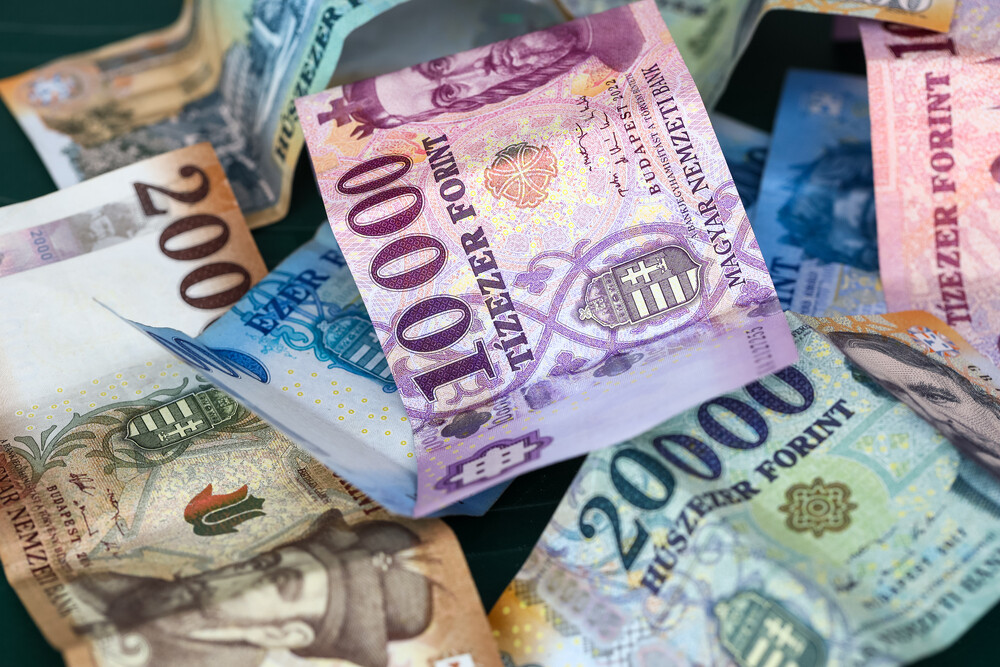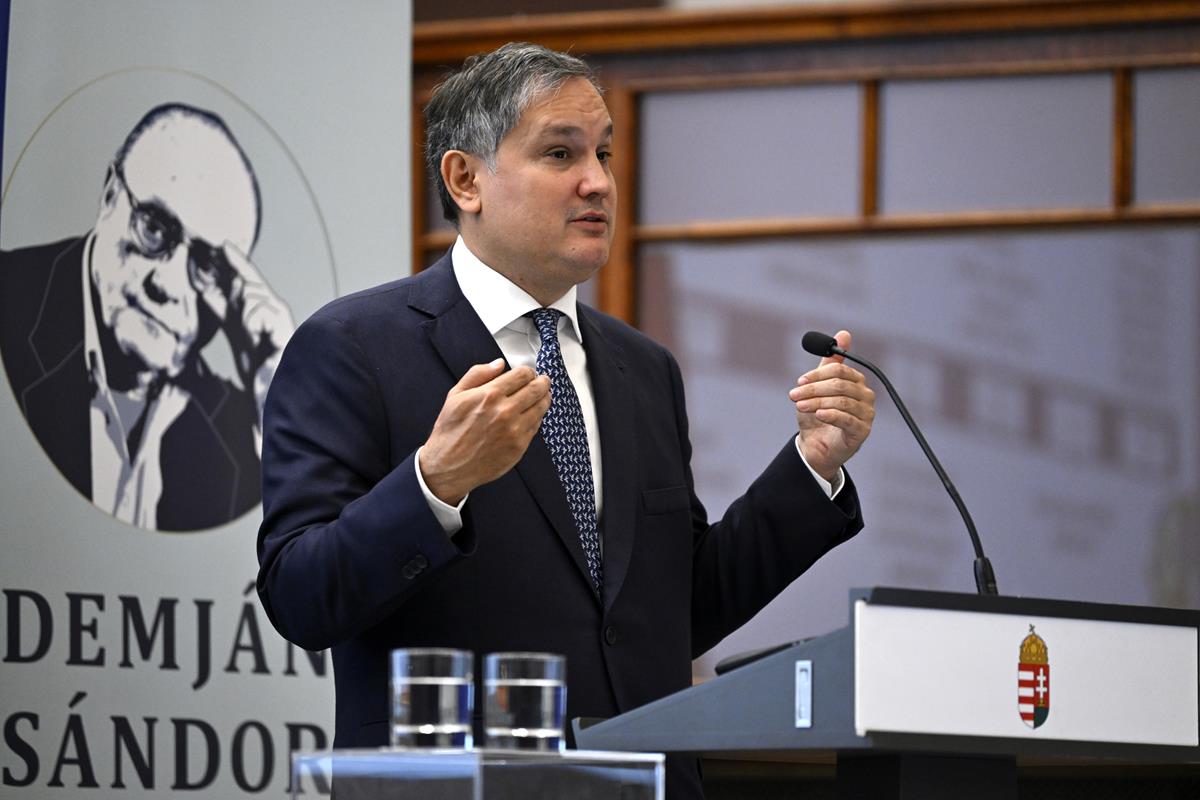Orbán cabinet reports record-high budget deficit

Hungary’s cash flow-based general government deficit reached HUF 2,930.5bn at the end of April, the National Economy Ministry confirmed in a detailed release of data on Thursday.
The central budget had a deficit of HUF 2,851.5 at the end of the month and the social security funds were HUF 123.0bn in the red, but separate state funds had a HUF 44.0bn surplus.
The ministry said revenue was on target for the period, with revenue from taxes and contributions climbing 10.9pc and revenue from taxes on consumption rising around 13pc.
On the expenditure side, maturing government securities lifted interest payments by HUF 408.7bn to HUF 1,916.5bn.
Alone in the month of April, the general government reached HUF 376.4bn as support for public utilities increased almost HUF 30bn to HUF 569.9bn and spending on family policy measures increased.
The detailed data show central budget debt rose by HUF 3,403.6bn to HUF 58,882.6bn in January-April. Net forint issues added HUF 2,105.4bn to debt and net FX issues HUF 1,684.4bn. The stronger forint shaved HUF 258.9bn off the debt.
The debt included HUF 40,807.0bn of forint debt and HUF 17,983.3bn of FX debt.
Minister augurs return to investment-based economic growth
National Economy Minister Marton Nagy pointed to the need for a return to investment-based economic growth and said fixed capital formation could start boosting GDP by year-end, addressing a conference organised by business news source Portfolio in Budapest on Thursday.

Nagy noted that investments had weighed on GDP, while consumption had lifted it since 2023.
He said the government expected real wage growth of around 4pc in 2025, adding that that measure was sustainable in the coming years, providing a stable foundation for consumption.
Touching on a government-mandated cap on markups on a range of food products, Nagy said demand for those products was “at least double” that of products unaffected by the measure since the rollout.
Nagy said he trusted that talks with pharmaceutical market players would produce voluntary commitments, such as earlier pledges by lenders to keep retail banking fees down. He added that the prices of subsidised drugs had risen under the rate of inflation, but the prices of medicines that weren’t supported by the state had climbed around 10pc.
Read also:





